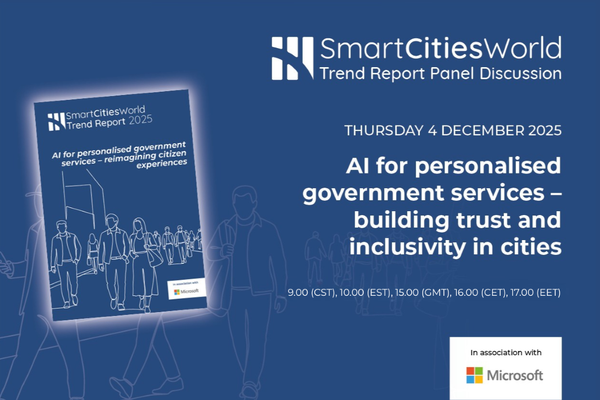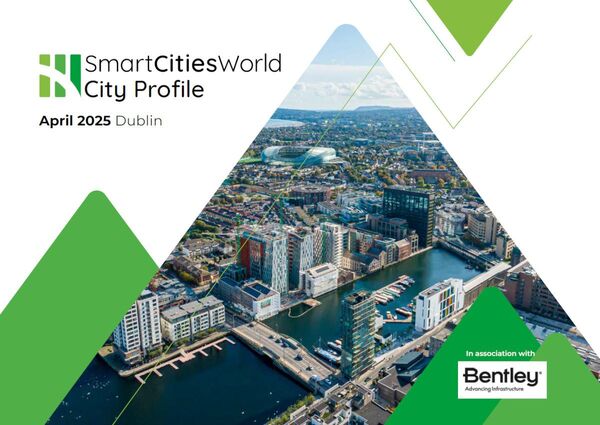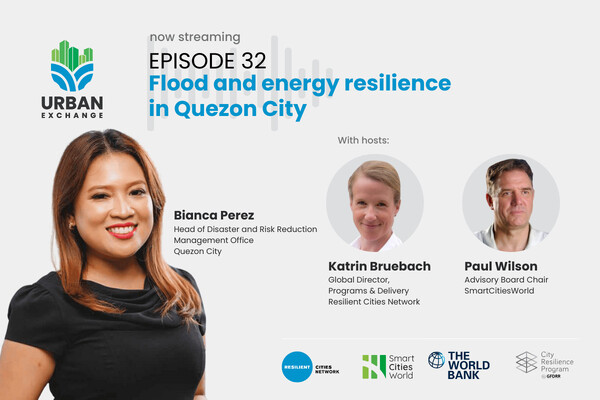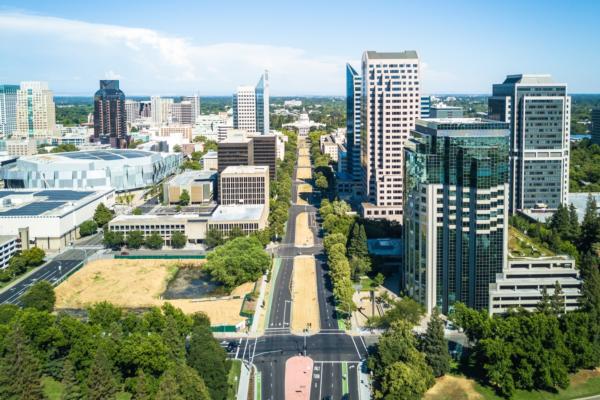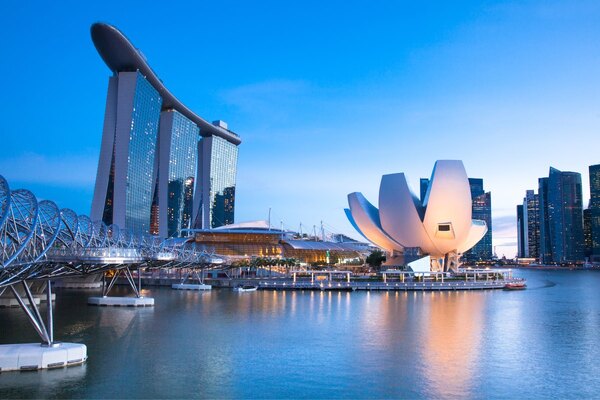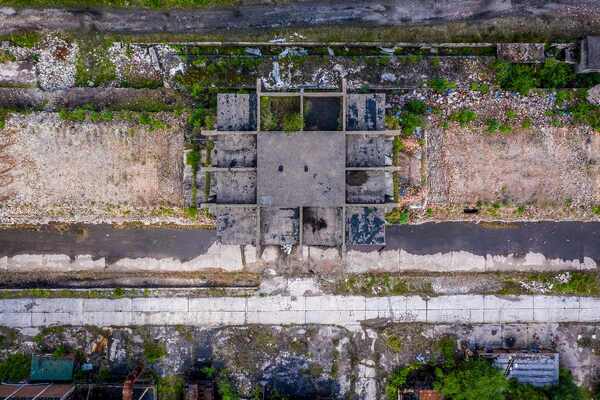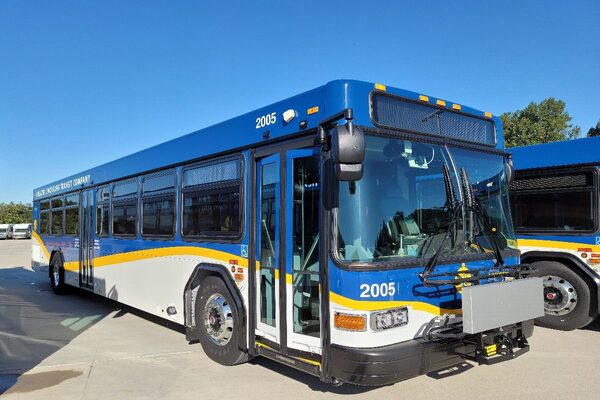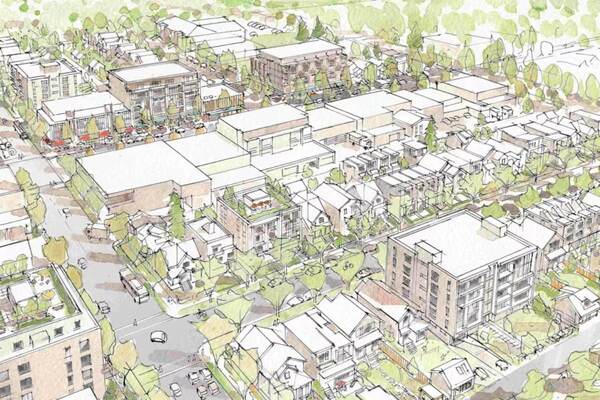Opinions
Smart lighting: enabling smart cities beyond illuminationSponsored by Paradox Engineering
How AI and biometrics are shaping next-generation mobility paymentsSponsored by ST Engineering
City-led clean infrastructure projects can help build back a stronger US
Report sets out to demonstrate how cities can be “critical drivers” of solutions for the multiple short-term challenges created by Covid-19 as well as emerging long-term challenges of climate change.

Local government-led clean infrastructure projects can help build back a healthier, safer, greener, and more resilient America as part of an economic recovery agenda from the Covid-19 pandemic, new analysis suggests.
Coming Back Stronger: A City-Driven Infrastructure Agenda for a Cleaner, More Resilient, More Equitable America report released by Rocky Mountain Institute (RMI) and Bloomberg Philanthropies presents approaches for accelerating recovery through infrastructure across multiple sectors. In addition, it includes use cases of how specific cities have successfully implemented related approaches.
Short-term challenges
The report sets out to demonstrate how cities can be “critical drivers” of solutions for the multiple short-term challenges created by the pandemic as well as the emerging long-term challenges of climate change.
“Infrastructure isn’t just roads and bridges. It comprises multiple systems that underpin our economy and society – both natural and human-made – as well as the physical relationship between those systems,” said Rushad Nanavatty, RMI senior principal and report co-author.
“Local governments, which are responsible for direct service provision, often control and understand these systems and interactions better than anyone.”
She continued: “History – dating back to the Great Depression – has shown us that driving economic recovery efforts through cities is uniquely effective. Our national infrastructure agenda needs to be substantially shaped and implemented by local governments if we want to address the many crises we’re facing in this historically challenging moment.”
Coming Back Stronger advances the premise that to both address the vulnerabilities revealed by the pandemic and achieve necessary climate goals, America needs to rebuild its economic and social systems in ways that look fundamentally different from the past.
“Many cities have already laid the groundwork for a sustainable recovery – and with support from the federal government, we can empower cities to help America build back better, from the bottom-up”
The report provides a suite of recommendations for clean infrastructure policies and investments across six sectors and highlights city success stories pertaining to the recommended approaches for each sector:
- Success and mobility: reclaim automotive space and funding for people, transit, and mobility alternatives, while also accelerating vehicle electrification. The analysis examines the holistic transportation strategy of Seattle, Washington State
- Buildings: rebuild America’s schools, homes and commercial buildings, and address the affordable housing crisis, through a national buildings upgrade effort that results in energy-efficient, location-efficient, all-electric new construction and deep retrofits for existing building stock. The analysis highlights how building efficiency programmes positively impacted rental properties in Boulder, CO, and commercial properties in Atlanta, Georgia
- Power: decarbonise and modernise the power grid by accelerating coal power plant retirements and deploying clean energy portfolios, enabled and accelerated by grid upgrades and regulatory reform. The analysis looks at Cincinnati, Ohio, and its ambitious efforts to power city facilities and residents with clean energy
- Broadband: expand affordable, widespread broadband access via competition and municipal or public-private partnership programmes. The analysis examines how San Jose, California, has advanced digital inclusion through public-private partnership
- Water: provide clean drinking water for all Americans while managing both drought and flood risk by upgrading our water distribution infrastructure, improving sewage treatment, creating a national water conservation programme and building green stormwater infrastructure. The analysis highlights the efforts of Newark, New Jersey, to retrofit all of its water service lines to be lead-free
- Natural systems: protect and enhance natural systems (“green infrastructure”) that act as a buffer against and serve as an alternative to human-made systems (“grey infrastructure”) while ensuring that every American has access to green space. The analysis looks at the significant expansion of equitable access to urban green space in Denver, Colarado.
The report examines each of the six sectors in terms of the status quo, why those current practices are deemed inadequate, what policies and investments can be enacted to do better and how all of these approaches can work together to create a stronger future.
“Investing in sustainable, inclusive infrastructure can be a powerful piece of our recovery efforts”
To illustrate this last point, the report examines the comprehensive approach to urban land-use that Portland, Oregon, has used to address challenges related to mobility, energy, housing, natural systems and resilience.
“Investing in sustainable, inclusive infrastructure can be a powerful piece of our recovery efforts”, as these investments create good jobs, improve quality of life and accelerate the transition to a clean energy economy,” added Antha Williams, global head of climate and environment programmes at Bloomberg Philanthropies.
“Many cities have already laid the groundwork for a sustainable recovery – and with support from the federal government, we can empower cities to help America build back better, from the bottom-up.”
You might also like:
Why not try these links to see what our SmartCitiesWorld AI can tell you.
(Please note this is an experimental service)
How can cities accelerate vehicle electrification to improve urban mobility?What policies support deep retrofits for energy-efficient building upgrades?How do public-private partnerships expand affordable broadband access effectively?What strategies help cities retrofit water infrastructure to ensure lead-free supply?How can urban green space expansion enhance climate resilience and equity?
